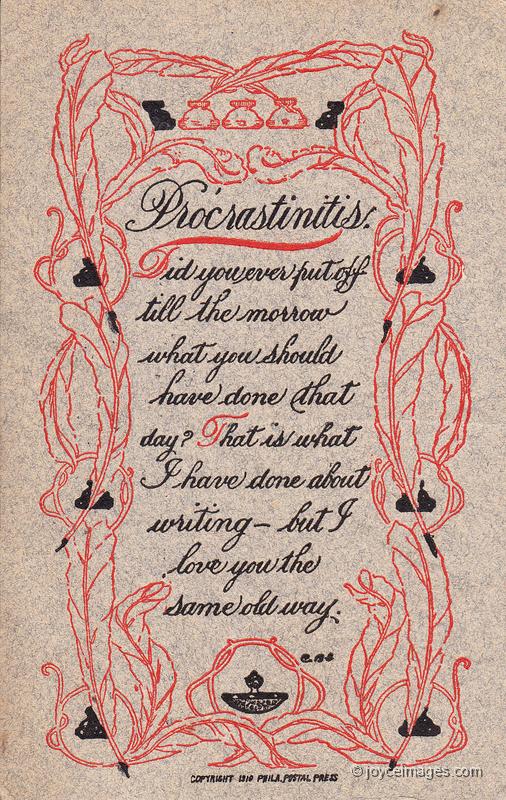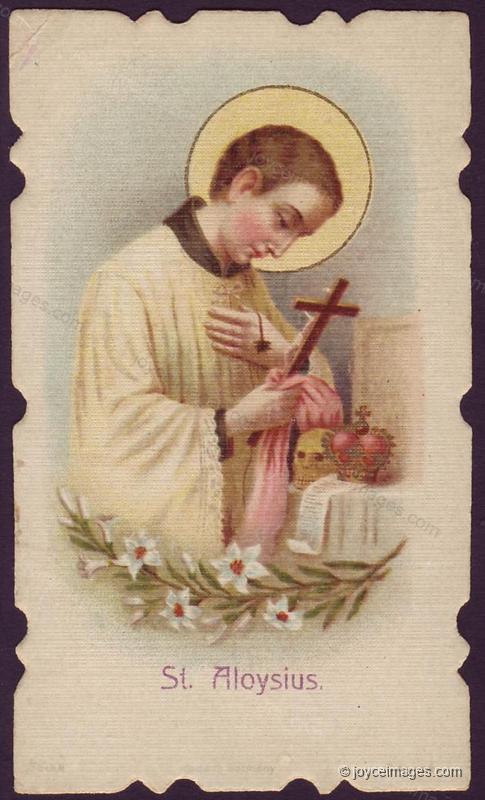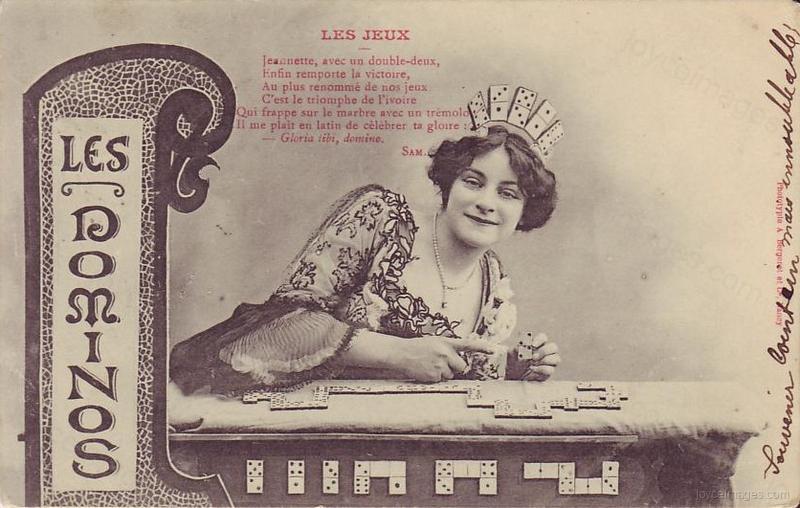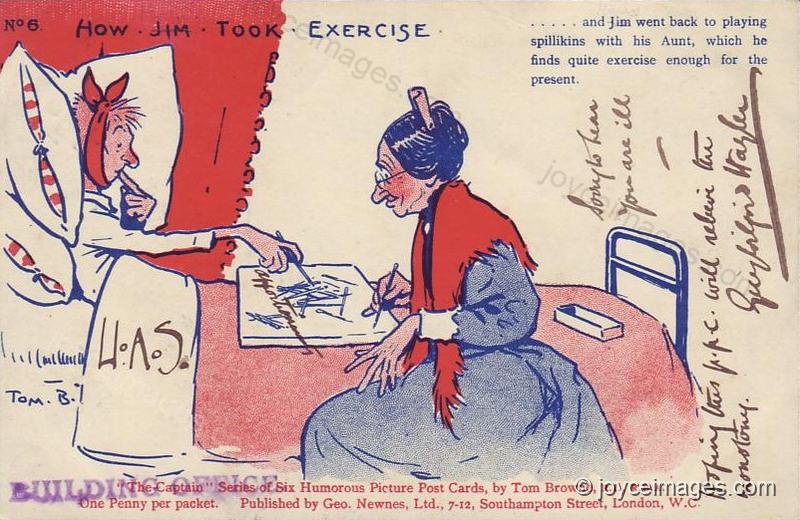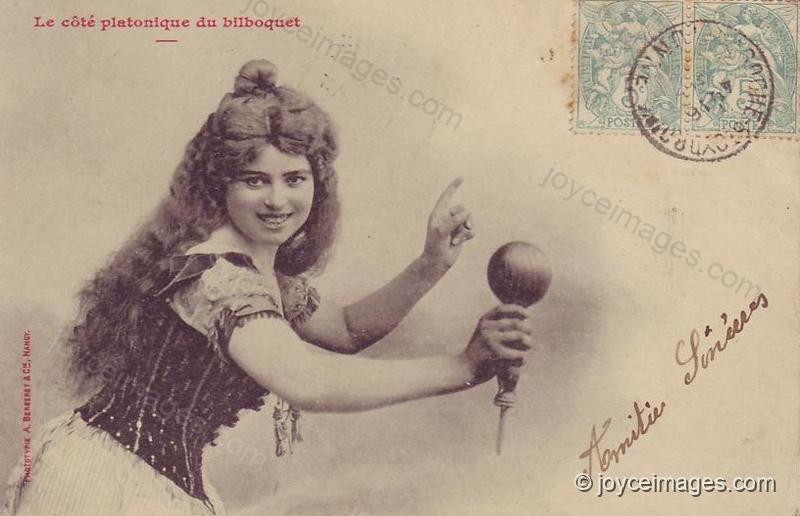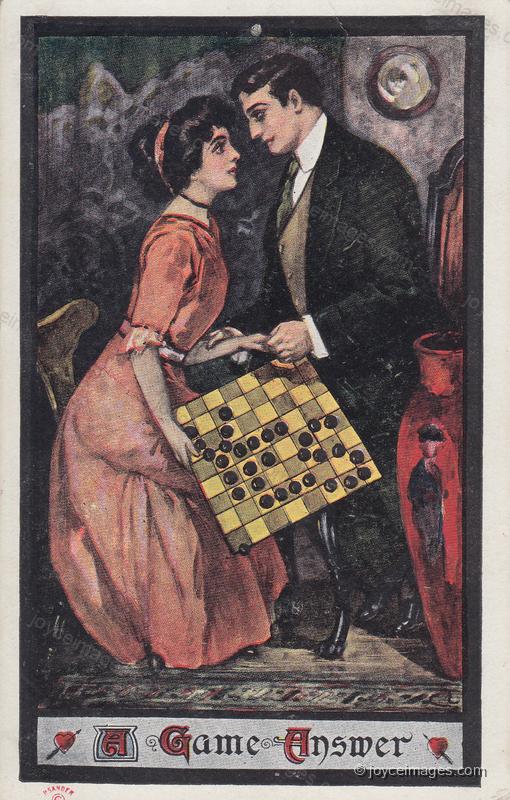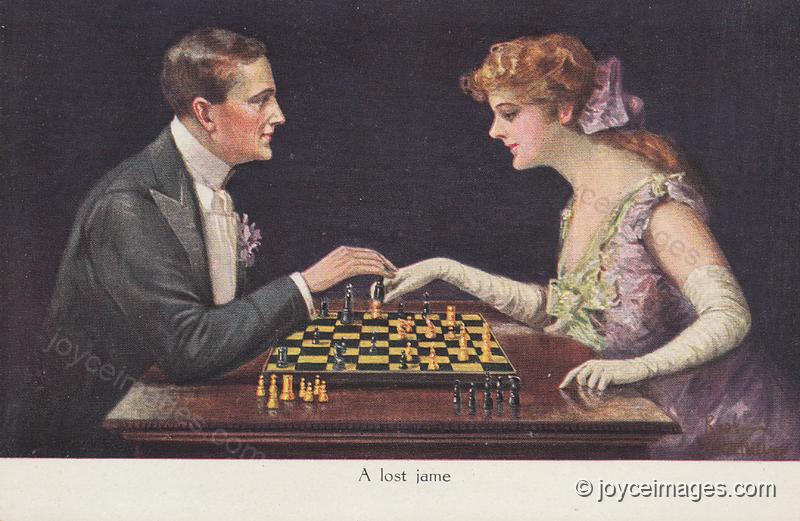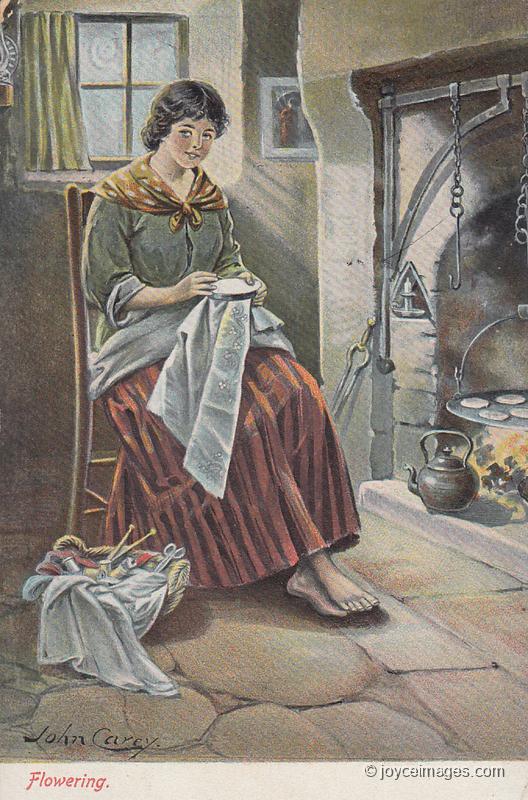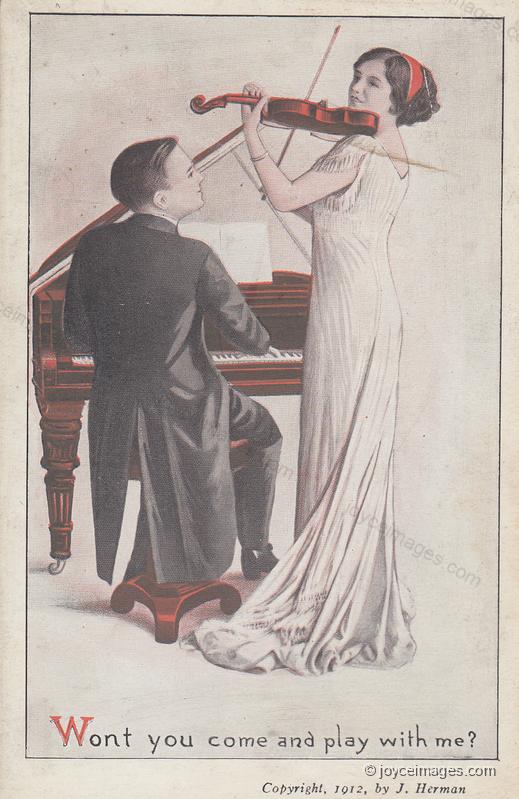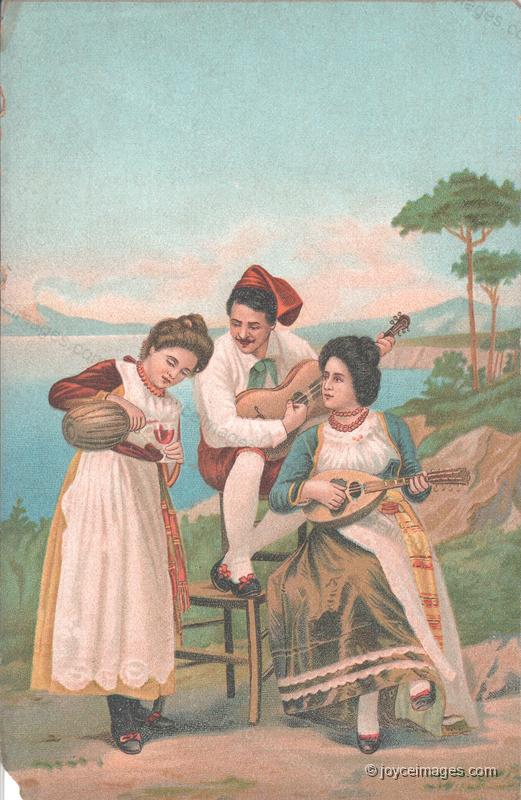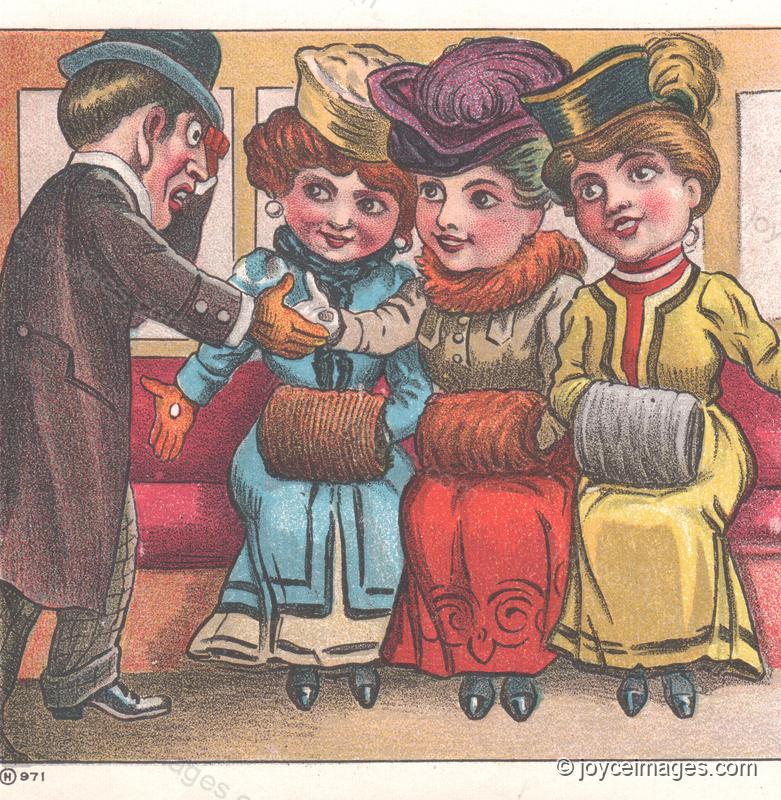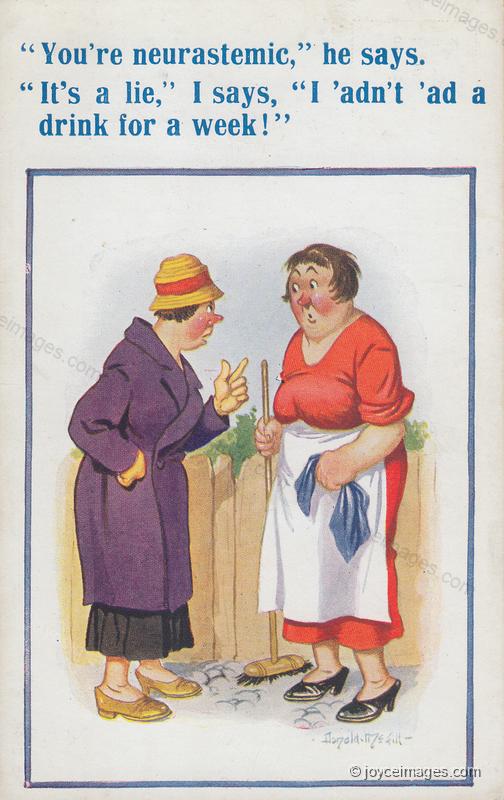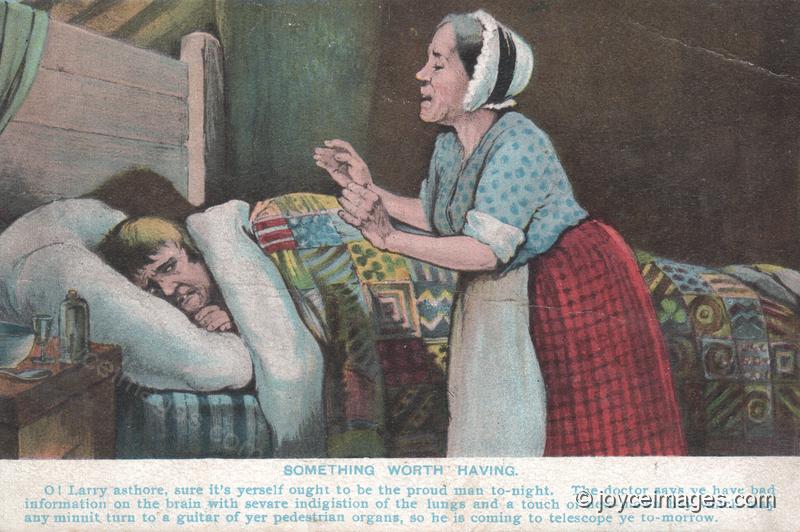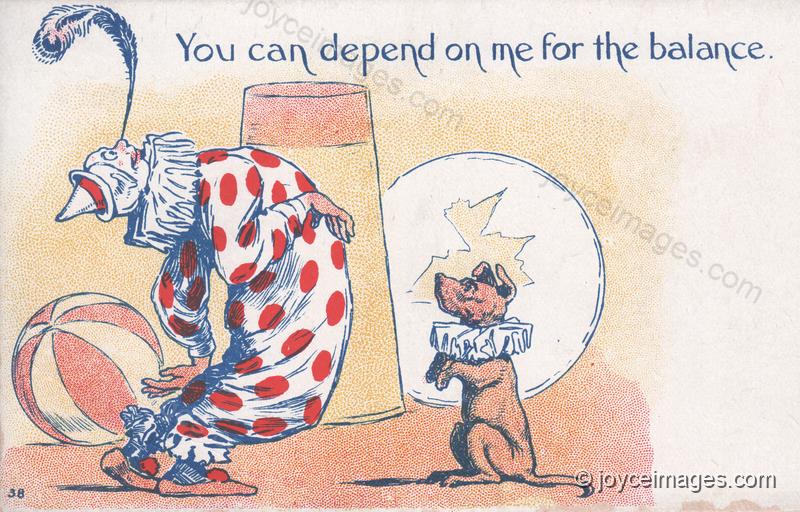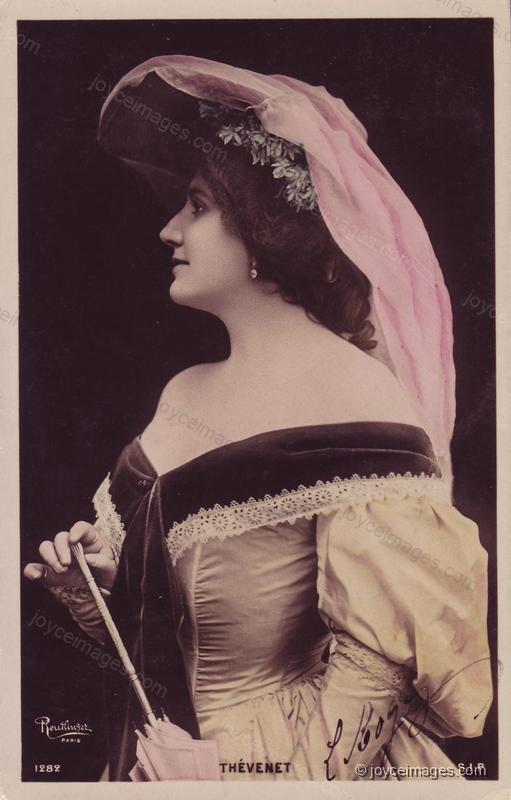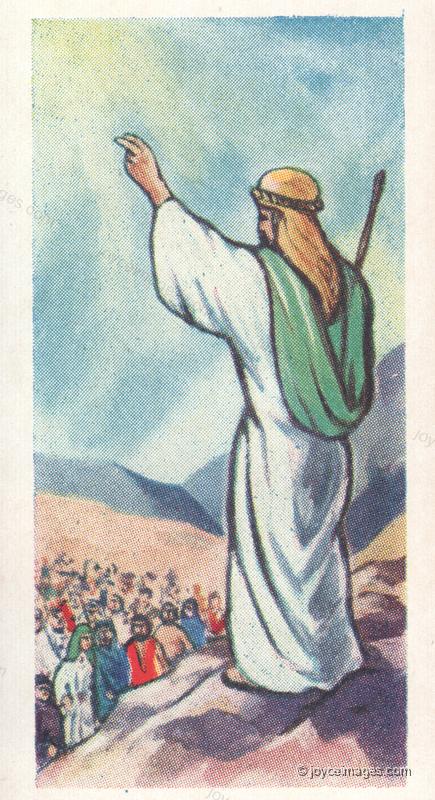"It, with the preceding scene and with others unnarrated but existent by implication, to which add essays on various subjects or moral apothegms (e.g. My Favourite Hero or Procrastination is the Thief of Time) composed during schoolyears, seemed to him to contain in itself and in conjunction with the personal equation certain possibilities of financial, social, personal and sexual success, whether specially collected and selected as model pedagogic themes (of cent per cent merit) for the use of preparatory and junior grade students or contributed in printed form, following the precedent of Philip Beaufoy or Doctor Dick or Heblon's Studies in Blue, to a publication of certified circulation and solvency or employed verbally as intellectual stimulation for sympathetic auditors, tacitly appreciative of successful narrative and confidently augurative of successful achievement, during the increasingly longer nights gradually following the summer solstice on the day but three following," (U17.642)
"videlicet, Tuesday, 21 June (S. Aloysius Gonzaga), sunrise 3.33 a.m., sunset 8.29 p.m." (U17.655)
Each Catholic calendar day is the feast of several Saints. In addition to St. Aloysius Gonzaga, June 21 is the feast of:
* St. Lazarus
* St. Urciscenus
* St. Terence
* St. Corbmac
* St. Demetria
* St. Agofredus
* St. Alban of Mainz
* St. Eusebius of Samosata
* St. John Rigby, and many others
Each Catholic calendar day is the feast of several Saints. In addition to St. Aloysius Gonzaga, June 21 is the feast of:
* St. Lazarus
* St. Urciscenus
* St. Terence
* St. Corbmac
* St. Demetria
* St. Agofredus
* St. Alban of Mainz
* St. Eusebius of Samosata
* St. John Rigby, and many others
"Which domestic problem as much as, if not more than, any other frequently engaged his mind?
What to do with our wives.
What had been his hypothetical singular solutions?
Parlour games (dominos," (U17.657)
What to do with our wives.
What had been his hypothetical singular solutions?
Parlour games (dominos," (U17.657)
"mandoline and guitar, piano and flute, guitar and piano: legal scrivenery or envelope addressing: biweekly visits to variety entertainments: commercial activity as pleasantly commanding and pleasingly obeyed mistress proprietress in a cool dairy shop or warm cigar divan: the clandestine satisfaction of erotic irritation in masculine brothels, state inspected and medically controlled:" (U17.664)
"social visits, at regular infrequent prevented intervals and with regular frequent preventive superintendence, to and from female acquaintances of recognised respectability in the vicinity: courses of evening instruction specially designed to render liberal instruction agreeable." (U17.669)
"Unusual polysyllables of foreign origin she interpreted phonetically or by false analogy or by both: metempsychosis (met him pike hoses), alias (a mendacious person mentioned in sacred scripture)." (U17.685)
"What compensated in the false balance of her intelligence for these and such deficiencies of judgment regarding persons, places and things?
The false apparent parallelism of all perpendicular arms of all balances, proved true by construction. The counterbalance of her proficiency of judgment regarding one person, proved true by experiment." (U17.688)
The false apparent parallelism of all perpendicular arms of all balances, proved true by construction. The counterbalance of her proficiency of judgment regarding one person, proved true by experiment." (U17.688)
"Example?
She disliked umbrella with rain, he liked woman with umbrella, she disliked new hat with rain, he liked woman with new hat, he bought new hat with rain, she carried umbrella with new hat." (U17.705)
She disliked umbrella with rain, he liked woman with umbrella, she disliked new hat with rain, he liked woman with new hat, he bought new hat with rain, she carried umbrella with new hat." (U17.705)
